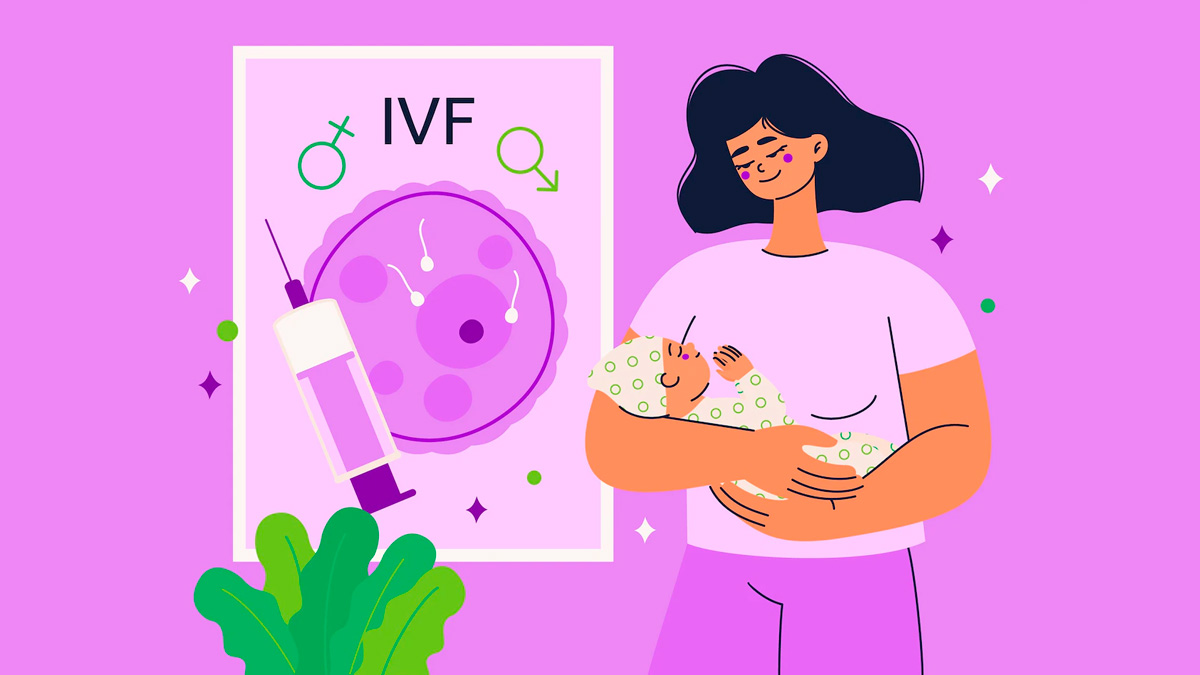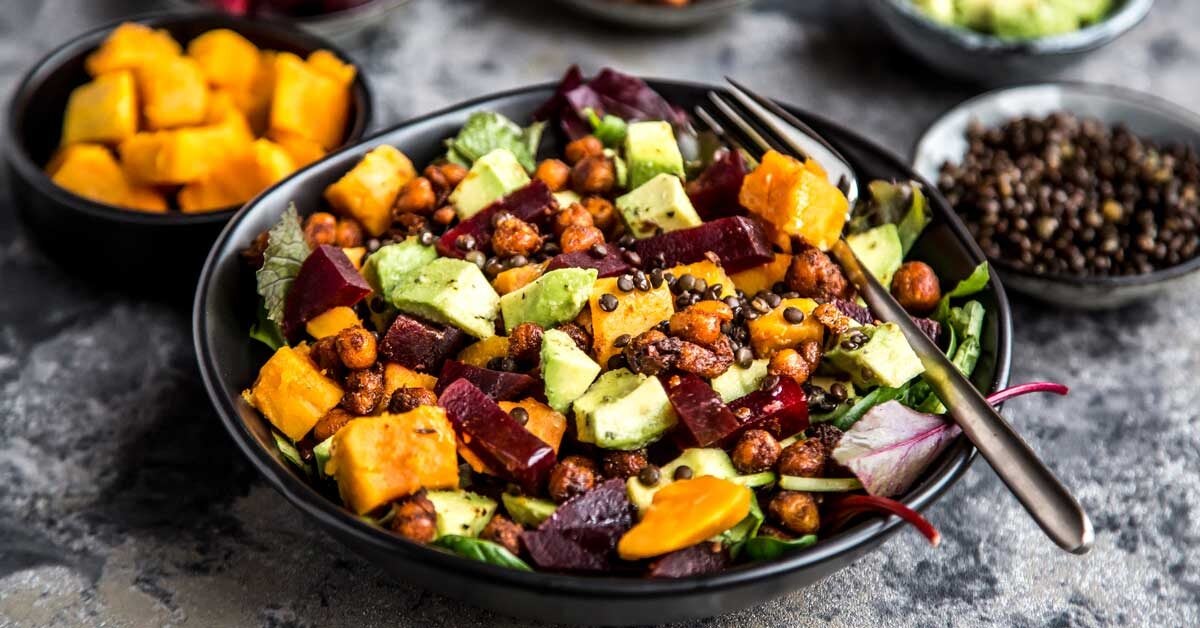7 myths and facts about IVF
In Vitro Fertilization (IVF) technology developed by medical science is a boon for couples who cannot conceive naturally. Many couples have achieved child happiness through this technique.
But some misconceptions related to IVF are prevalent in the society. India-based Birla Fertility and IVF consultant Dr. Swati Mishra has tried to tear it down.
Myth 1: IVF results in more babies
Fact: According to international practice, the probability of multiple pregnancy in IVF is 20 percent. If you don't get pregnant the first time after IVF, this complication increases. If the woman is older or if IVF is repeatedly failing, more than one embryo is transferred. In this way, multiple babies are likely to be born when the transferred embryos are in all the wombs.
Suzuki Dashain Offer
Myth 2: IVF carries a risk of cancer
Fact: No study or medical research has established any link between cancer and IVF. Men or women can undergo IVF (fertility treatment) without any risk of cancer. In this process, the child in the womb is at risk of cancer, nor is the risk of cancer even after the child grows up.
Myth 3: IVF is a painful procedure
Fact: Pain, suffering and problems are more common in IVF than in natural. For the first few days, women have to take hormone injections daily, so it may be painful, but now with the development of medicine, it has become easier.
Myth 4: Babies born through IVF are at risk of birth defects
Fact: The IVF procedure does not increase the risk of birth defects. Conversely, pre-implantation genetic testing of embryos rules out congenital defects or chromosomal defects in high-risk cases. This includes women over 35 years of age or men over 50 years of age or family history of genetic disorders.
Embryo 5: If the first IVF fails, all future possibilities are lost
Fact: If a couple's first IVF fails for some reason, it does not mean that the woman will not be able to get pregnant in the future. Rather, by understanding why this happened, treatment can be done to make IVF successful in the future. Similarly, there are many women who have conceived only after IVF four to five times. For this, laser assisted hatching or platelet rich plasma is kept in the uterus and a balanced diet rich in antioxidants is given.
Fetus 6 : IVF causes many complications during pregnancy
Fact: The best age for pregnancy for women is less than 33 years. After the age of 37, it decreases. During pregnancy, the risk increases for both the mother and the child. But in the process of IVF, complications due to age do not come much. However, if a patient suffering from infertility receives IVF treatment at the right time, the chances of getting pregnant are high.
Embryo 7 : IVF can completely solve the problem of infertility
Fact: This is not true. The success rate of IVF in couples under the age of 35 is about 40 percent. Also, its success depends on many factors. Such as the age of the woman, the cause of infertility and the hormonal status of the woman. In addition, there are many types of assisted reproductive procedures, including ovulation induction (OI) drugs, intrauterine insemination (IVF), etc. It also helps in conception.
Adapted from Femina Magazine






